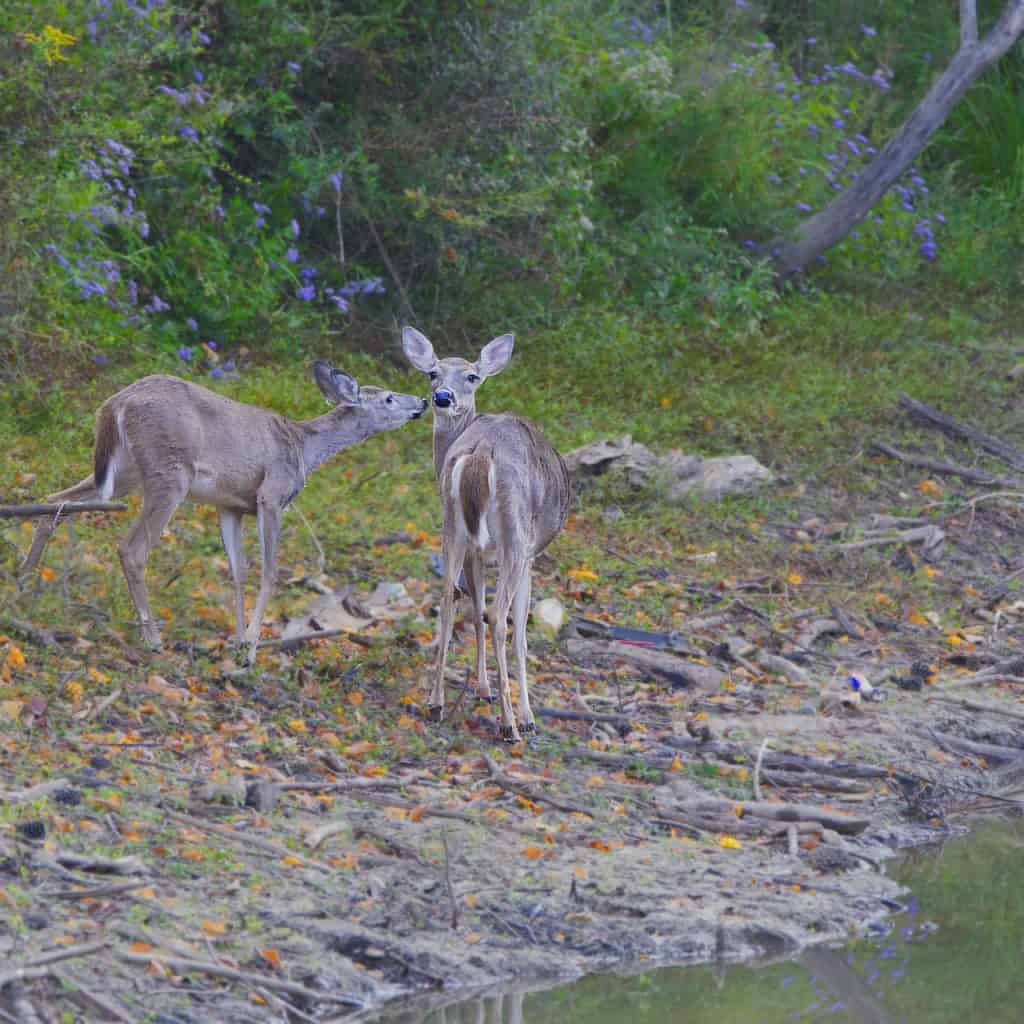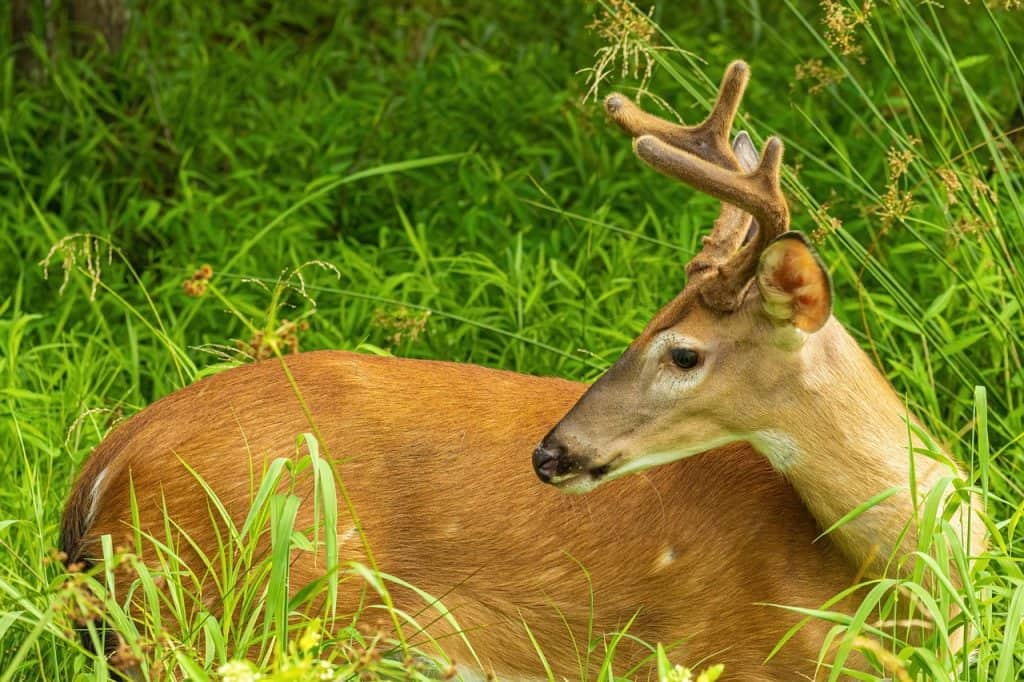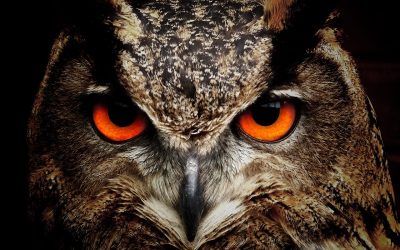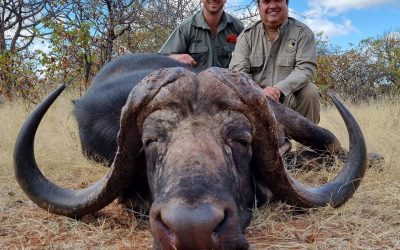If you’re an avid hunter or a wildlife enthusiast, you’ve probably wondered about the best times to embark on a hunting expedition in Africa. With its breathtaking landscapes and diverse wildlife, Africa offers an unparalleled experience. Whether you’re in pursuit of the Big Five or smaller game, timing is everything. Understanding the seasons and migration patterns can greatly enhance your chances of a successful hunt. In this article, we’ll explore the best times of year to hunt in Africa, taking into account factors such as weather, breeding cycles, and animal behavior. So grab your gear and get ready for the adventure of a lifetime!
Factors to Consider
When planning a hunting trip to Africa, there are several factors that you need to consider to ensure a successful and enjoyable experience. These factors include climate, animal migration patterns, vegetation, and water availability. By understanding these factors, you can strategically plan your hunt for the best possible outcome.
Climate
The climate in Africa varies greatly from region to region, and it is important to understand how it can impact your hunting trip. Generally, Africa experiences two main seasons: the dry season and the wet season. These seasons can affect animal behavior, vegetation growth, and water availability, which in turn can impact the success of your hunt.
Animal Migration
Another important factor to consider when planning a hunting trip in Africa is animal migration patterns. Many game species in Africa migrate seasonally in search of food and water. By understanding these migration patterns, you can target specific areas and times of the year where game populations are more abundant, increasing your chances of a successful hunt.
Vegetation and Water Availability
The availability of vegetation and water is crucial for the survival of both predators and prey in Africa. During the dry season, vegetation becomes scarce, and water sources become limited, forcing animals to congregate around watering holes and rivers. This concentration of animals can provide excellent hunting opportunities. On the other hand, during the wet season, vegetation flourishes, making it harder to spot and approach game. Similarly, the abundance of water sources reduces the need for animals to congregate, making hunting more challenging.
Dry Season
The dry season in Africa is characterized by hot and dry weather, with little to no rainfall. This season is often considered the best time for hunting due to several factors.
Benefits of Hunting During the Dry Season
During the dry season, the scarcity of water and vegetation forces animals to gather around limited water sources. This concentration of game around watering holes and rivers presents hunters with a prime opportunity to target their desired species. Additionally, the dry weather makes tracking game easier, as footprints and other signs are more visible on hard-packed ground.
Best Months for Hunting in the Dry Season
The best months for hunting during the dry season in Africa depend on the specific region you plan to visit. In Southern Africa, the dry season typically spans from May to September, while in Eastern Africa, it generally lasts from June to October. Western and Central Africa may have slightly different dry season months, so it is important to research the specific region you intend to hunt in.

Wet Season
The wet season in Africa is characterized by heavy rainfall and lush vegetation. While hunting during this season can present its own set of challenges, there are still benefits to consider.
Benefits of Hunting During the Wet Season
During the wet season, animals disperse over larger areas to take advantage of the abundance of vegetation and water. While this can make spotting game more challenging, it also provides opportunities for hunters who prefer to track and stalk their prey. Additionally, the wet season often sees fewer hunting pressures, as many hunters prefer to visit during the dry season. This can result in less competition and more available permits.
Best Months for Hunting in the Wet Season
The best months for hunting during the wet season will depend on the specific region and its rainfall patterns. Generally, the wet season in Southern Africa lasts from November to March, while in Eastern Africa, it occurs between March and May. In Western and Central Africa, the wet season is usually from April to September. It is important to consult local experts and guides to determine the optimal hunting months for the specific region you plan to visit.
Migration Season
Many game species in Africa exhibit seasonal migration patterns, and understanding these patterns can greatly enhance your hunting opportunities.
Benefits of Hunting During Migration Season
During migration season, large herds of game species such as wildebeest and zebra travel long distances in search of food and water. This migration creates an impressive opportunity for hunters to intercept these herds and select their desired targets. The sheer number of animals, combined with their movements and vulnerability during migration, can increase the chances of a successful hunt.
Best Months for Hunting During Migration
The best months for hunting during migration season vary depending on the specific animal species and their migration patterns. For example, the famous wildebeest migration in the Serengeti typically occurs between July and October. Other species, such as the springbok in Southern Africa, migrate during different months. Researching the target species’ migration patterns and consulting with local experts will help determine the best months to plan your hunting trip.

Specific Game Species Seasons
Different game species in Africa have specific hunting seasons and regulations in place to ensure sustainable hunting practices and conservation efforts. Understanding these seasons will help you plan your hunting trip accordingly.
Best Times to Hunt Lions
Lion hunting is highly regulated in Africa, and it is crucial to adhere to the local laws and regulations. Lion hunting seasons vary depending on the country and conservation efforts in place. It is essential to check with local authorities and game reserves to determine the best times for lion hunting in the specific region you plan to visit.
Best Times to Hunt Elephants
Elephant hunting seasons are also strictly regulated in Africa due to conservation concerns. The best times to hunt elephants will depend on the specific region and the regulations in place. Elephants often migrate in search of food and water, so understanding their movements and consulting local experts will help determine the optimal hunting months.
Best Times to Hunt Buffalo
Buffalo hunting seasons vary across Africa, and it is important to check the specific regulations in the country or game reserve you plan to hunt in. Being a key game species, buffalos can be hunted throughout the year in some regions. However, targeting them during the dry season when they gather around water sources can increase the chances of a successful hunt.
Best Times to Hunt Antelopes
Antelope species are abundant in Africa, and hunting seasons and regulations vary depending on the specific species and region. Some antelope species, such as the impala or springbok, can be hunted year-round, while others may have more restricted hunting seasons. Researching the specific antelope species and consulting with local experts will help determine the best times to hunt them.
Considerations for Each African Region
Africa is a vast continent with diverse ecosystems and hunting opportunities. Considerations for each region will help you tailor your hunting trip to suit your preferences and target species.
Southern Africa
Southern Africa offers a wide range of hunting opportunities, from plains game to dangerous game species. Countries like South Africa, Namibia, and Zimbabwe are popular hunting destinations in this region. Each country has its own hunting regulations and seasons, so it is important to research and comply with the specific requirements of the country you plan to visit.
Eastern Africa
Eastern Africa is renowned for its incredible wildlife and offers unique hunting experiences. Countries such as Tanzania, Kenya, and Ethiopia attract hunters from around the world. These countries have different hunting regulations and seasons, and it is crucial to familiarize yourself with the specifics of each country before planning your trip.
Western and Central Africa
Western and Central Africa offer a different hunting experience, with dense forests and a wide variety of game species. Countries like Cameroon, Gabon, and Central African Republic offer opportunities to hunt elusive forest-dwelling species such as bongo and forest elephants. Researching the specific requirements and regulations of these countries is crucial for a successful hunting trip.

Permits and Regulations
When planning a hunting trip in Africa, it is vital to understand the permitting and regulatory requirements of the specific country or game reserve you plan to visit.
Understanding Hunting Permits
Hunting permits are essential documents that allow hunters to legally hunt in a particular area and target specific game species. These permits are issued by local authorities and must be obtained before engaging in any hunting activities. The requirements, fees, and application processes for hunting permits vary depending on the country and the species you wish to hunt. It is crucial to familiarize yourself with the specific permit requirements to ensure compliance with local regulations.
Complying with Local Regulations
Compliance with local regulations is of utmost importance when hunting in Africa. Each country has its own set of hunting laws and regulations designed to protect wildlife populations and ensure sustainable hunting practices. It is essential to educate yourself on these regulations, including bag limits, hunting methods, and protected species, to avoid any legal issues and contribute to the conservation efforts of the region you plan to visit.
Safety Tips and Precautions
Hunting in Africa can be an exciting and rewarding experience, but it is important to prioritize safety at all times. Taking certain precautions and following expert advice can ensure a safe and enjoyable hunting trip.
Expert Guides and Local Knowledge
Engaging the services of experienced guides who have extensive knowledge of the local fauna and terrain is highly recommended. These professionals can provide valuable insights and ensure your safety throughout the hunting trip. Local guides are familiar with the habits and behaviors of game species in the area, making them indispensable assets for a successful and safe hunt.
Preparation and Training
Preparation and training are key factors in ensuring a safe hunting experience in Africa. Physical fitness and stamina are essential, as hunting can involve extended periods of walking and tracking through challenging terrain. Additionally, familiarizing yourself with the handling and operation of hunting equipment will help prevent accidents and ensure a more effective and safe hunting experience.
Equipment and Gear
Using appropriate hunting equipment and gear is vital for both safety and success. This includes firearms, ammunition, hunting clothing, boots, and other accessories. It is important to choose reliable and reputable equipment that is suitable for the game species you are hunting and the specific environment you will be in. Properly maintaining and carrying your equipment ensures its functionality and reliability throughout the hunt.
Ethical and Sustainable Hunting
Ethical and sustainable hunting practices are crucial for the conservation of wildlife in Africa. Hunters play a vital role in the preservation of ecosystems and the protection of endangered species.
Hunting for Conservation
Hunting can contribute to conservation efforts by generating revenue for local communities and organizations involved in wildlife conservation. Properly managed hunting programs ensure that hunting activities are sustainable and support the preservation of wildlife populations and habitats. By participating in ethical hunting practices, hunters can actively contribute to the maintenance and conservation of Africa’s unique biodiversity.
Responsible Trophy Hunting
Trophy hunting, when conducted responsibly and ethically, can have positive impacts on wildlife conservation. By targeting older, post-reproductive animals, trophy hunting can promote the survival and well-being of younger individuals within the population. It can also provide funds for conservation efforts and local communities. However, it is crucial to ensure that trophy hunting is conducted in compliance with local regulations and in a manner that respects the animals and their habitats.
Conclusion
Planning a hunting trip to Africa requires careful consideration of various factors, including climate, animal migration patterns, vegetation, and water availability. By understanding these factors and tailoring your hunting trip accordingly, you can maximize your chances of a successful and rewarding experience. Remember to comply with local regulations, prioritize safety at all times, and engage in ethical and sustainable hunting practices to contribute to the conservation efforts of this diverse and magnificent continent.










